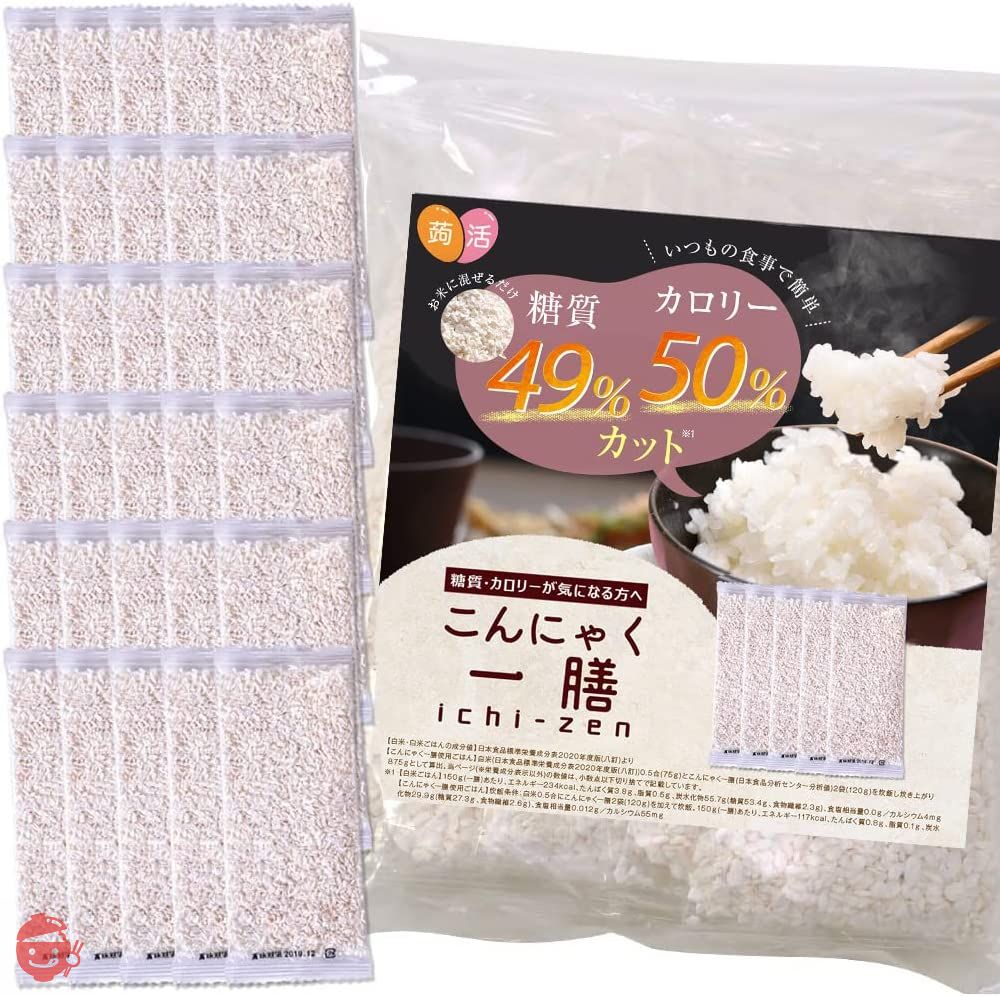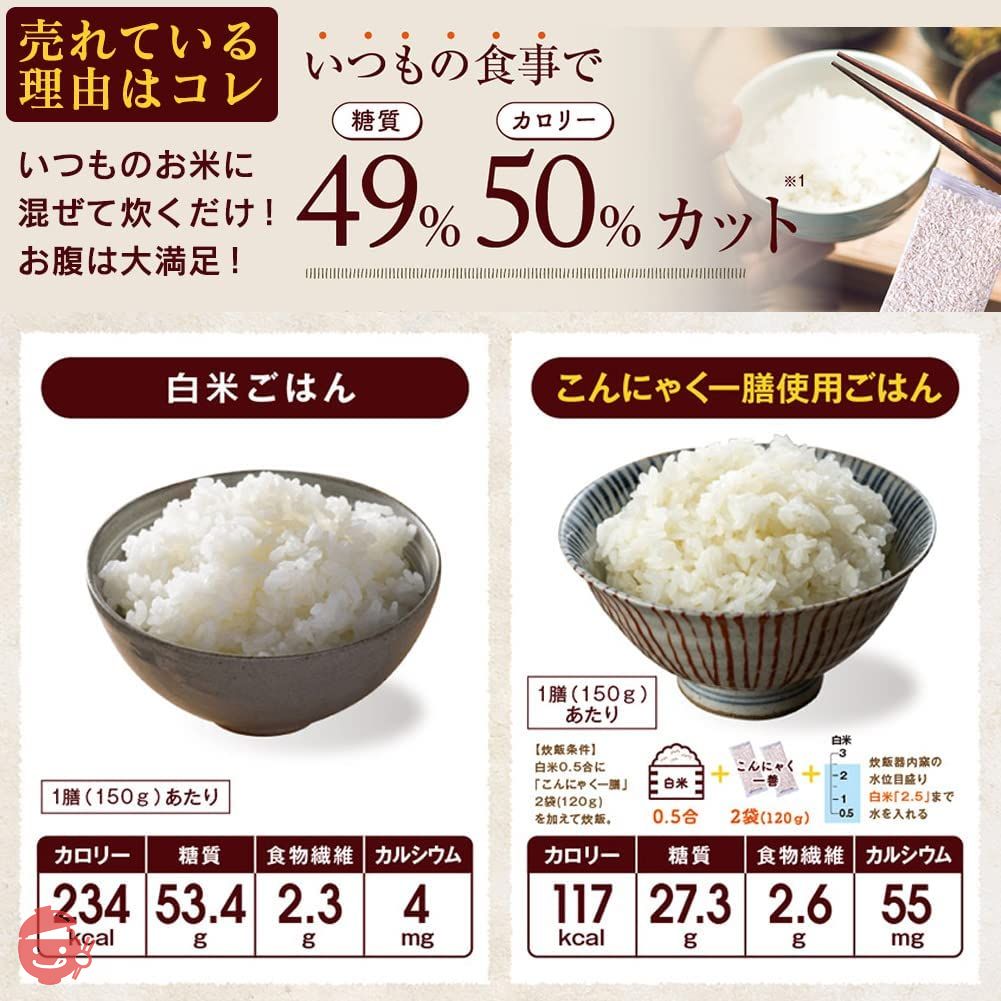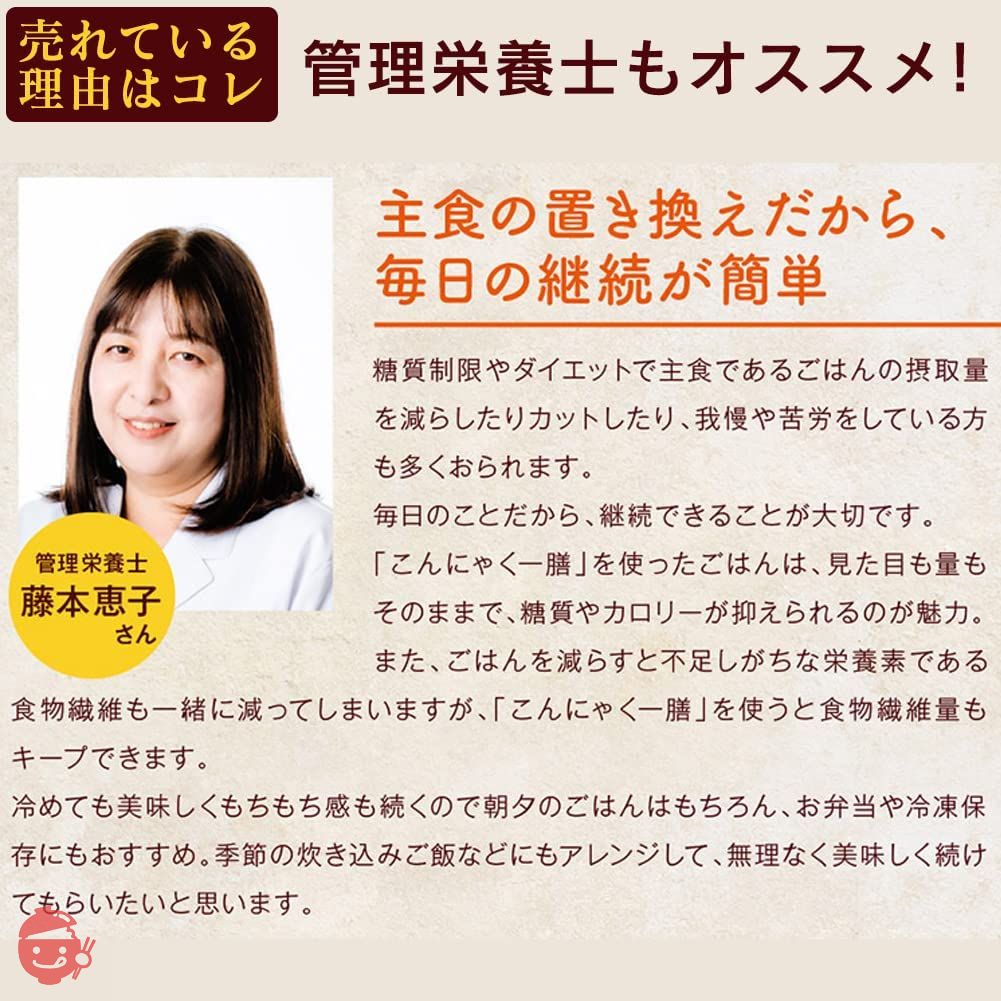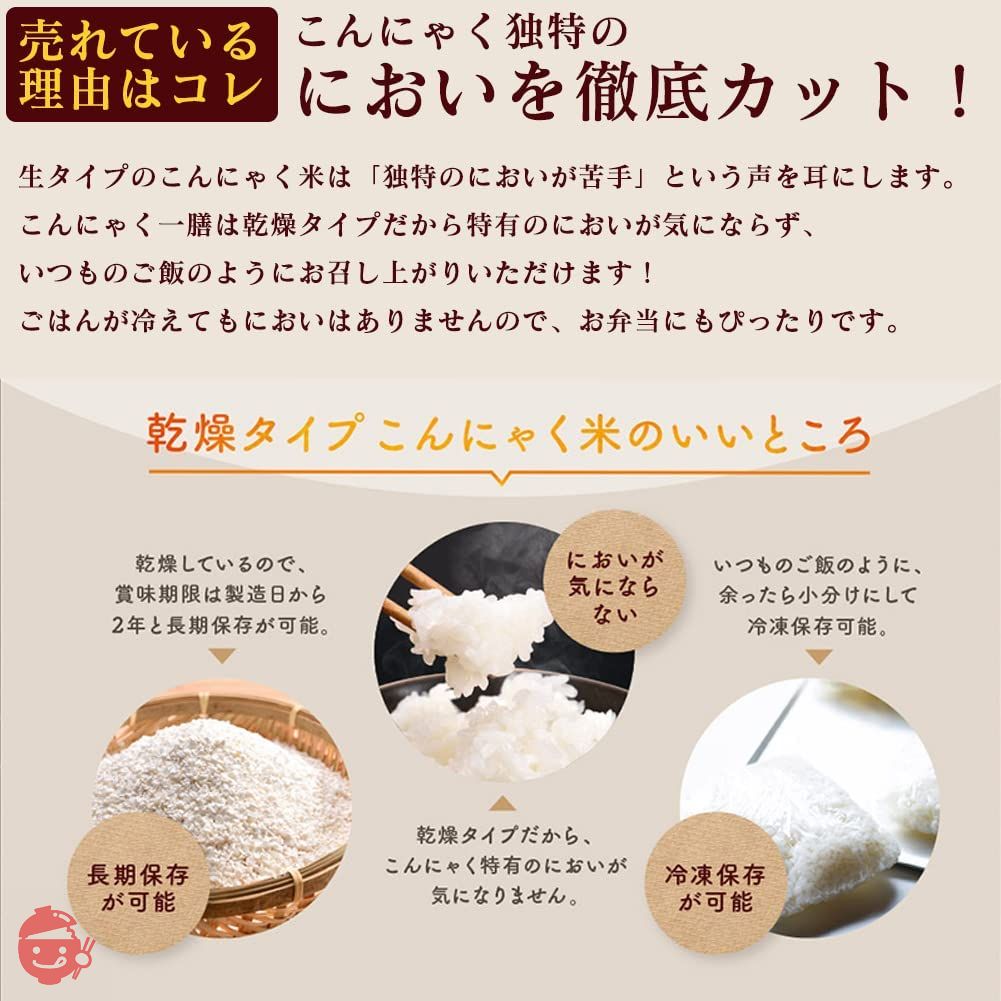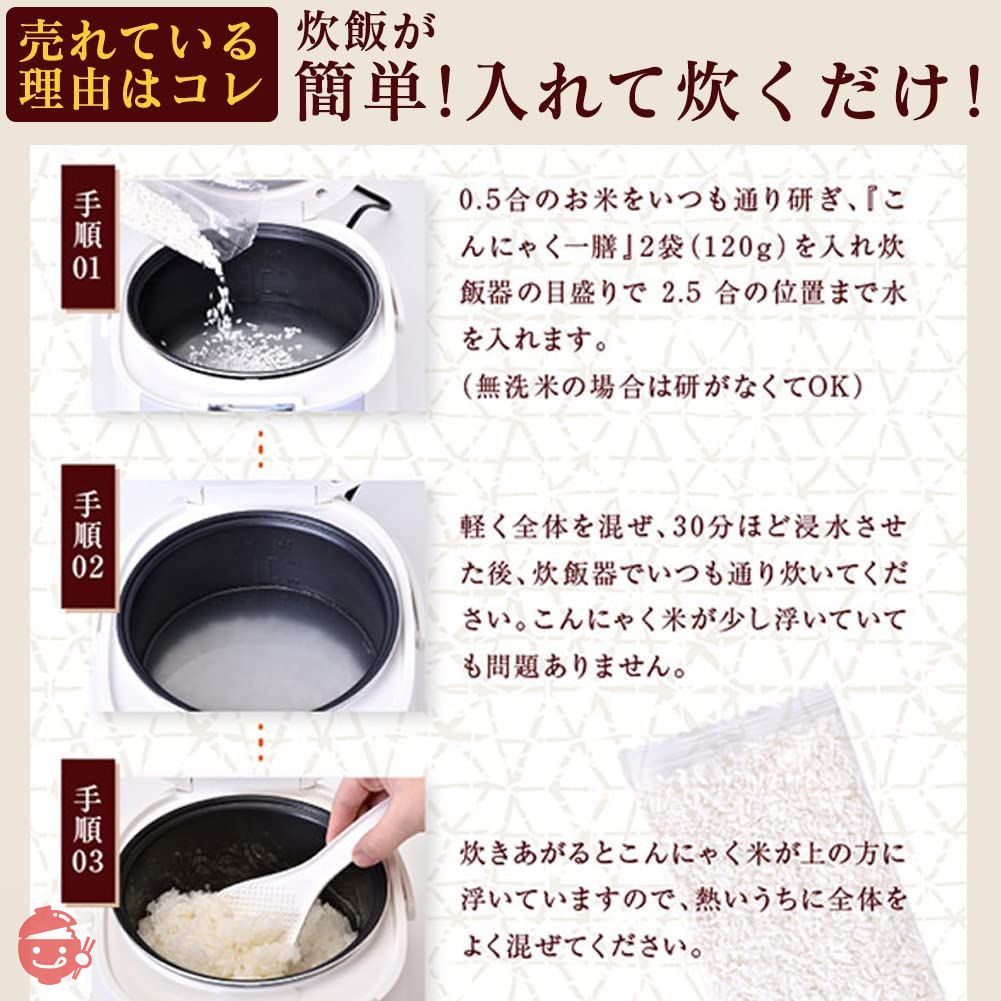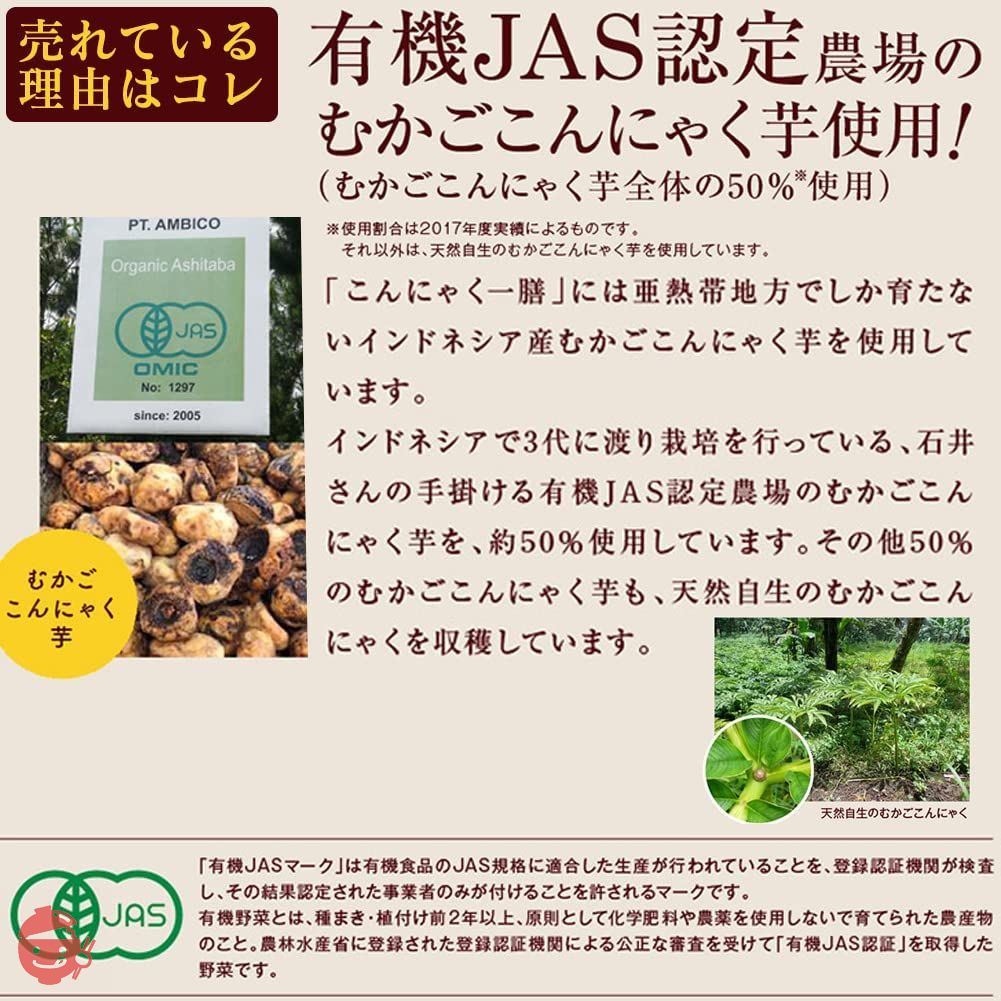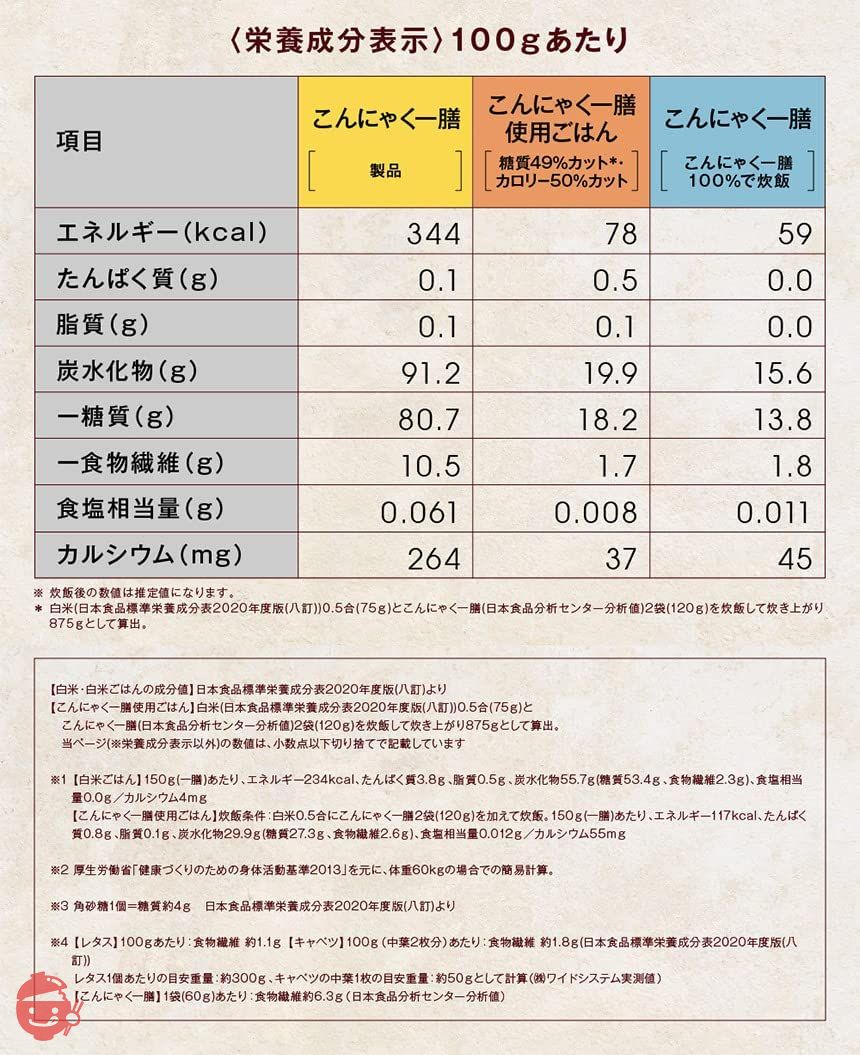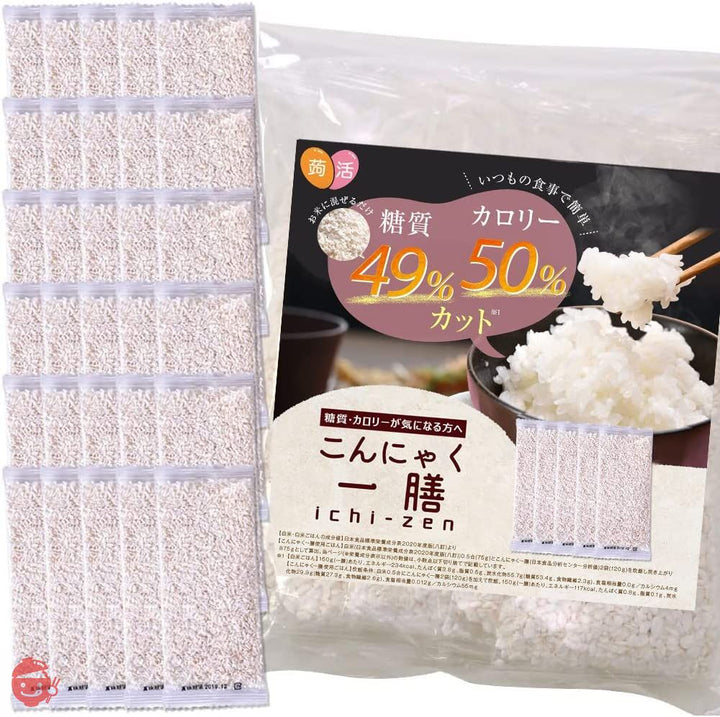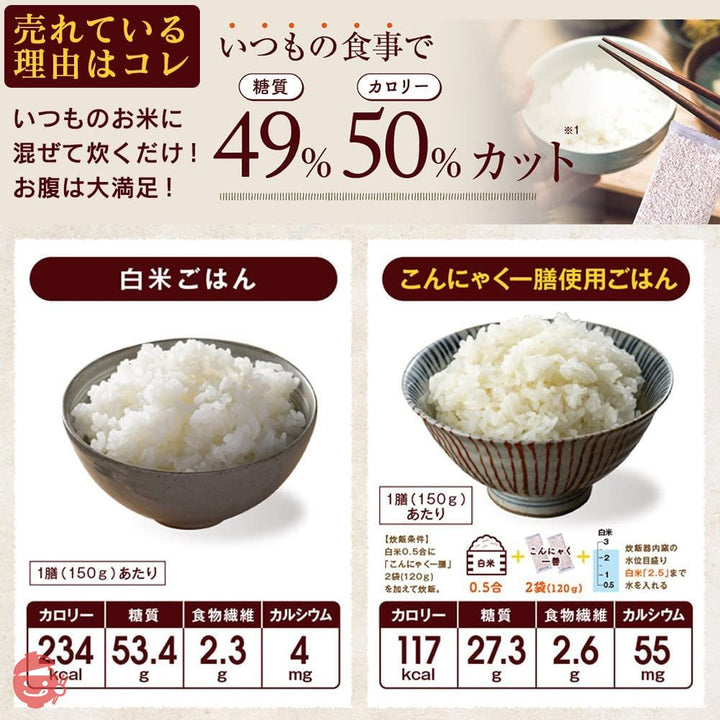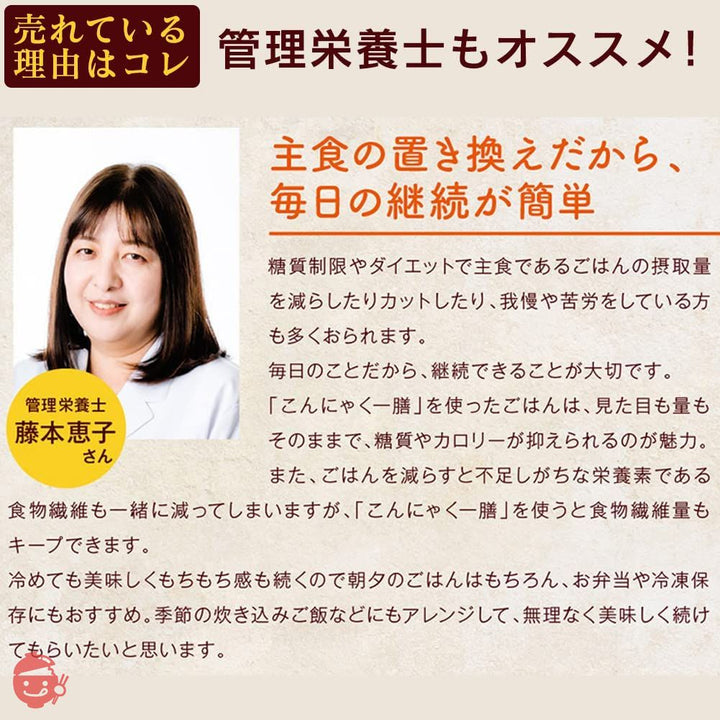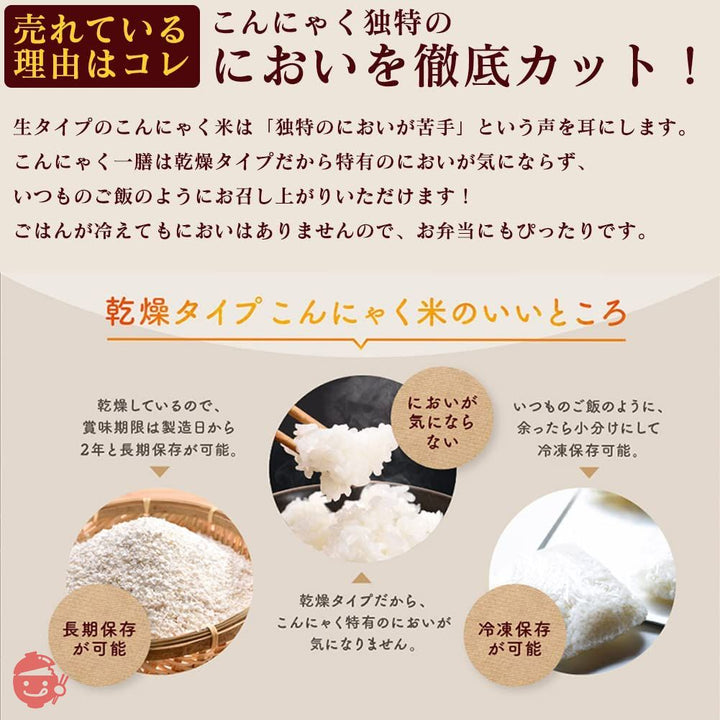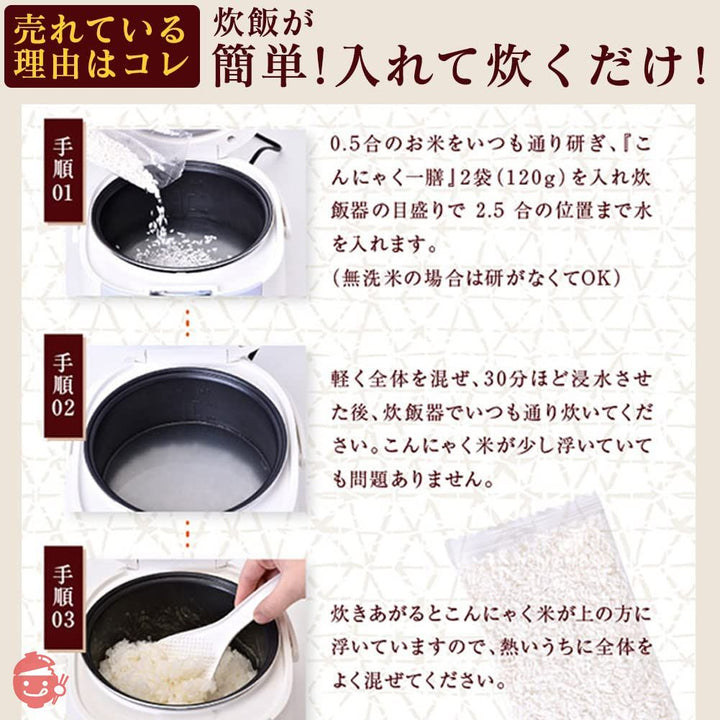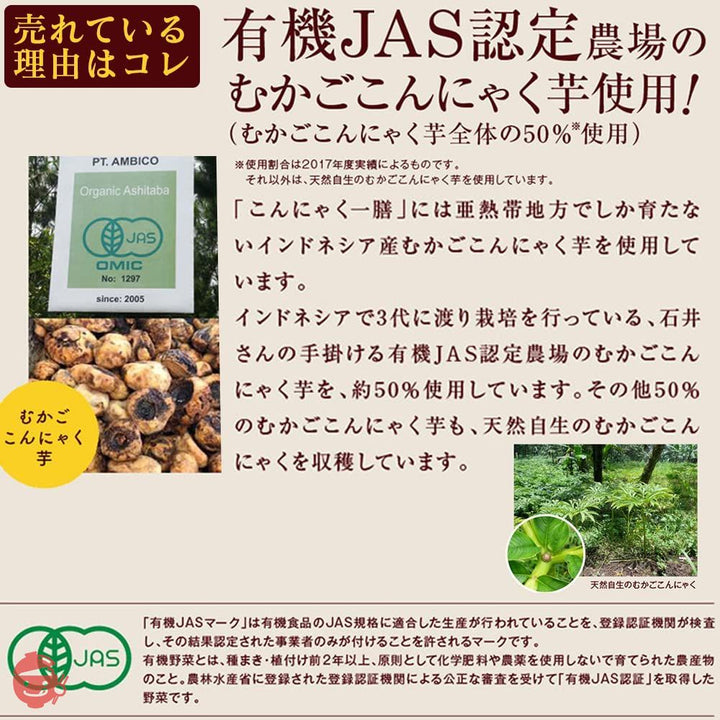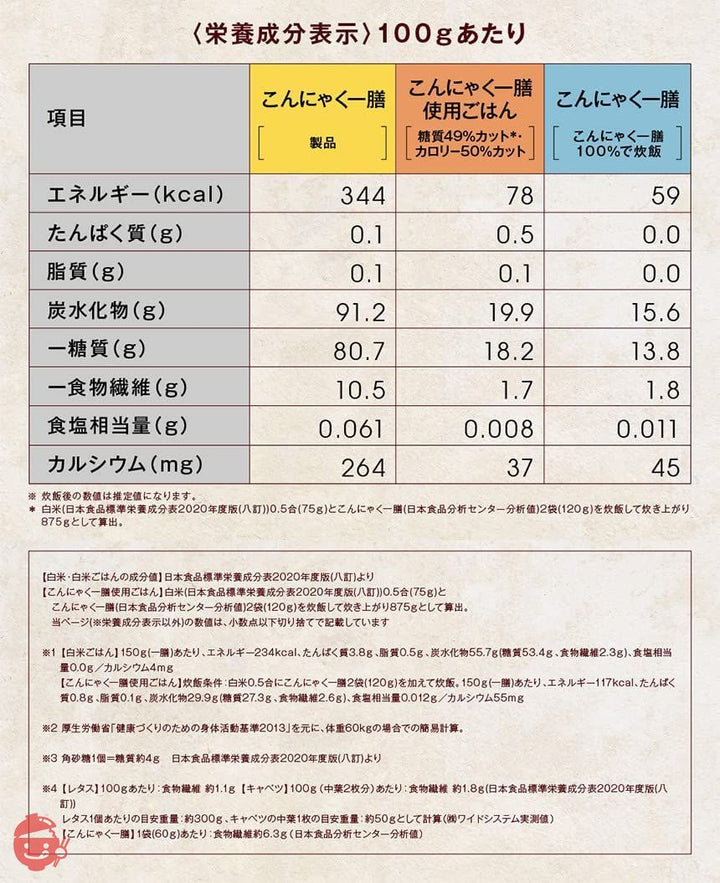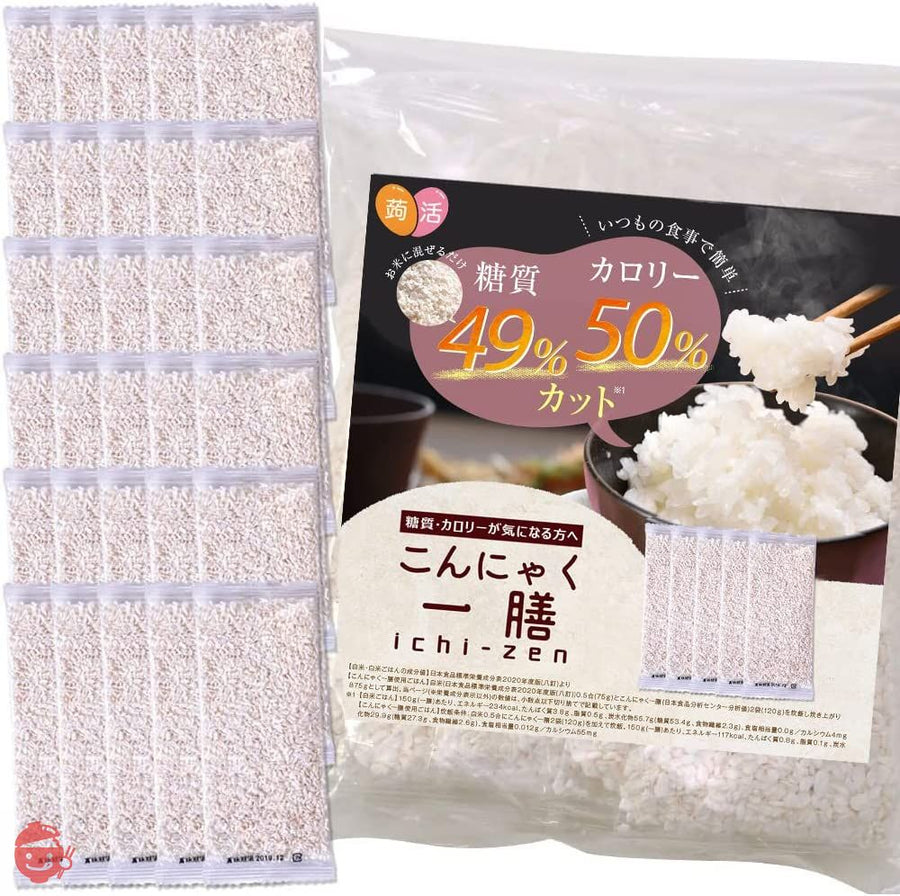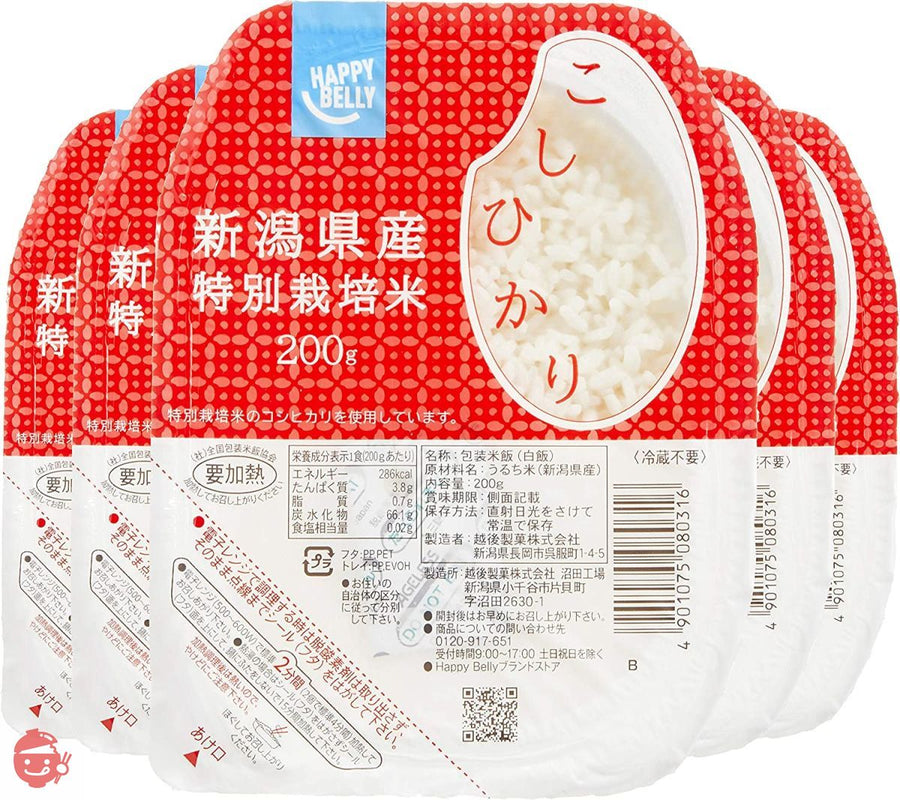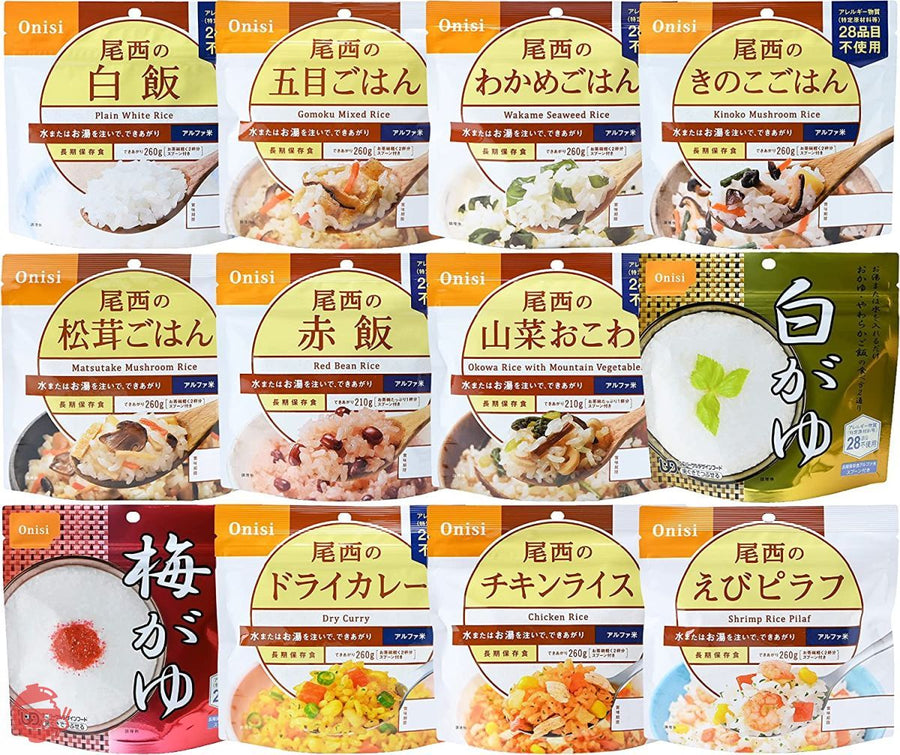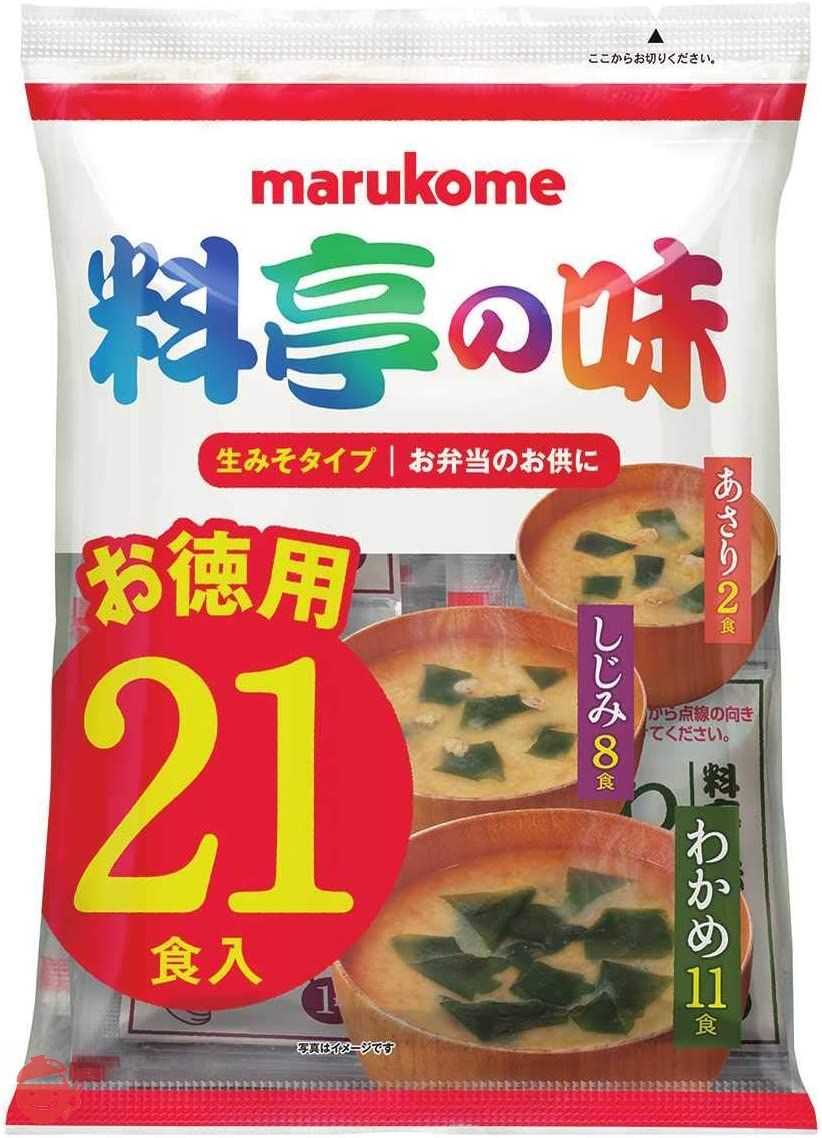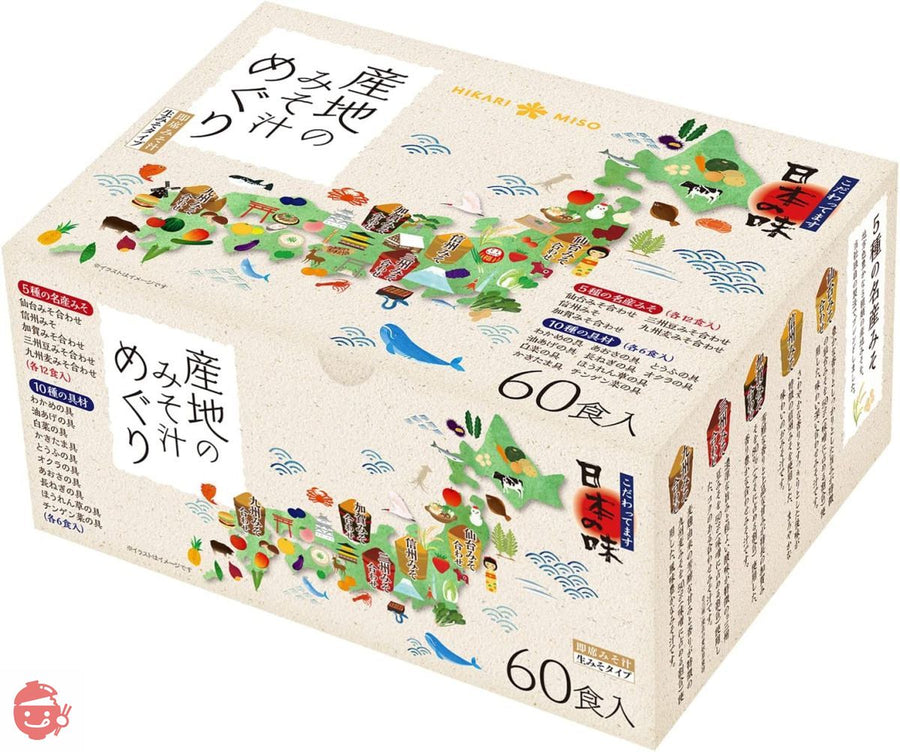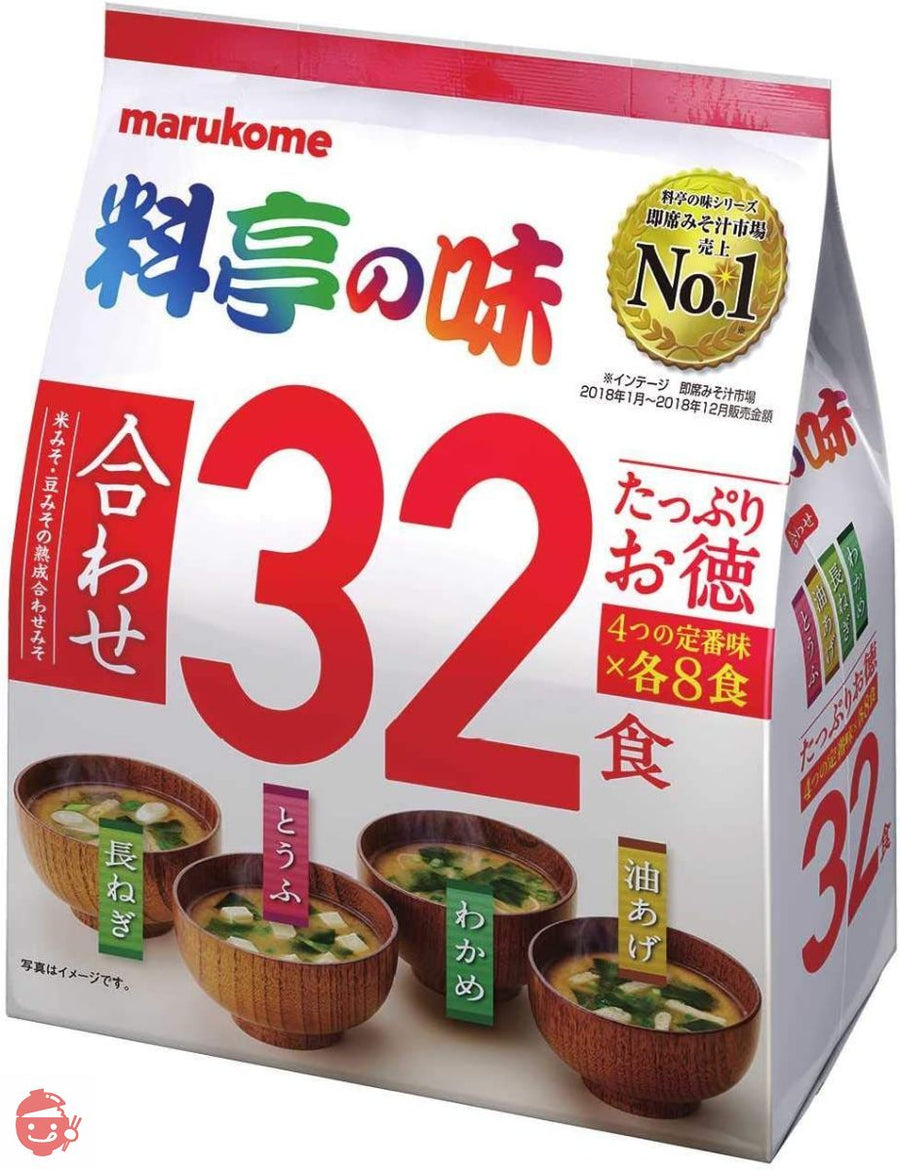| size: | 60g x 30P |
| brand | happiness of life |
| number of products | 830 |
| size | 60g x 30P |
| number of units | 1.00 bags |
Cuts sugar by 49% and calories by 50%*1 Just mix it with your usual rice and cook it together to cut sugar by 49% and calories by 50% while maintaining volume! *1 Even though your stomach is very satisfied, you can significantly cut the amount of sugar and calories you take in a day just by eating 3 meals of rice with konjac rice. Comparing the calorie count between eating only white rice and eating a bowl of rice with konjac, the calories are reduced by about 50% (about 117kcal)! Approximately 351kcal cut when replacing with 3 meals a day! When converted to exercise, cycling takes 1 hour*2 and walking takes about 2.5 hours*2. Also, when comparing carbohydrates under the same conditions, it is reduced by approximately 49%*1 (approximately 26.1g of carbohydrates)! Approximately 78g cut when replaced with 3 meals a day! Approximately 19 minutes when converted to sugar cubes*3
The konjac rice "Konnyaku Ichizen" has a chewy texture and is chewy and satisfying to eat. In addition, it contains glucomannan (dietary fiber), and this glucomannan swells in the stomach and stays in the stomach for a long time, so it is very filling. Satisfaction follows. Dietary restrictions are easily fulfilled without enduring hunger. If you cook 60g of one bag of konnyaku, it will swell to about 350g!
Uses Mukago konjac potatoes from an organic JAS certified farm! (Using 50%* of the whole Mukago konnyaku potato) Other than that, we use naturally occurring mukago konjac potatoes. “Konnyaku Ichizen” uses Indonesian mukago konnyaku potatoes that only grow in subtropical regions. We use about 50% of Mukago konjac potatoes from an organic JAS certified farm managed by Mr. Ishii, who has been cultivating for three generations in Indonesia. Other mukago konnyaku potatoes are also harvested from naturally occurring mukago konnyaku potatoes.
Even if you don't like konjac, it's okay! We often hear that raw konjac rice does not have a unique smell. However, "Konnyaku Ichizen" is a dry type, so you can enjoy it like regular rice without worrying about the peculiar smell of konjac. Some people with sensitive skin may smell a little konjac when it is freshly cooked. It doesn't smell even when it's cold, so it's perfect for a lunch box on a diet! It is also suitable for rice balls. “The good thing about dried konjac rice” ・Because it is dried, it can be stored for a long period of time, with a shelf life of two years from the date of manufacture.・Because it is a dry type, you don't have to worry about the peculiar smell of konjac.・ If you have leftovers like usual rice, you can divide it into small portions and store it in the freezer.
An extreme "staple cut diet" cuts even dietary fiber! In recent years, with the trend of "sugar-free diets", more and more people are doing "staple-cut diets" that do not consume staple foods at all. "Carbohydrates" contained in cereals such as rice and wheat are composed of "sugars" and "dietary fiber", and if you drastically cut staple foods such as rice, bread, and pasta, Dietary fiber, which tends to be deficient in the diet, will be further deficient in the "sugar off diet". One bowl of white rice contains about 2.25g of "dietary fiber", and eating three bowls a day will provide about 6.7g. If you do "extreme carbohydrate restriction" that does not eat staple food at all, you will be further short of dietary fiber from grains.
If you use "Konnyaku Ichizen" and cook it with 49% less sugar and 50% less calories *1, the dietary fiber is about 2.6g per serving. If you eat 3 times a day, you can take about 7.8g. Let's make good use of "Konnyaku Ichizen" to keep dietary fiber in a "low-sugar, low-calorie" staple food, and aim for a well-balanced and healthy diet! One bag of konjac (60g) contains the same amount of dietary fiber as about 2 lettuce*4. In addition, one serving of konjac rice*1 (150g) provides the same amount of calcium as 50ml of milk.
<Nutritional information> per 100g Konjac set (product): energy (kcal): 344, protein (g): 0.1, fat (g): 0.1, carbohydrate (g): 91.2, -sugar (g): 80.7, -Dietary fiber (g): 10.5, Salt equivalent (g): 0.061, Calcium (mg): 264 Konjac one serving rice (sugar 49% cut * 1 calorie 50% cut): Energy (kcal) : 78, protein (g): 0.5, fat (g): 0.1, carbohydrate (g): 19.9, -sugar (g): 18.2, -dietary fiber (g): 1.7, salt equivalent (g): 0.008 , Calcium (mg): 37 A bowl of konjac (1 bowl of konjac cooked with 100% rice): Energy (kcal): 59, Protein (g): 0.0, Fat (g): 0.0, Carbohydrates (g): 15.6, - Sugar (g): 13.8, -Dietary fiber (g): 1.8, Salt equivalent (g): 0.011, Calcium (mg): 45
*The value after cooking is an estimated value. * 1 Calculated as 875 g after cooking 0.5 go (75 g) of white rice (Japanese food standard nutritional composition table 2020 edition (8th revision)) and 2 bags (120 g) of konjac one set (analysis value of Japan Food Research Laboratories).
[Ingredient values of white rice and white rice] From the 2020 edition of the standard nutritional composition of foods in Japan (8th revision) [Konnyaku one bowl of rice] Polished rice (2020 edition of the standard nutrition composition of Japanese foods (8th revision)) 0.5 go (75g) ) and a bowl of konjac (analysis value of the Japan Food Research Laboratories), 2 bags (120g) are cooked and calculated as 875g after cooking. Numerical values on this page (*other than nutritional information) are rounded down to the decimal point. *1 [White rice] per 150g (1 serving), energy 234kcal, protein 3.8g, fat 0.5g, carbohydrates 55.7g (carbohydrate 53.4g, dietary fiber 2.3g), salt equivalent 0.0g/calcium 4mg [konnyakuichi] Rice used in a bowl] Rice cooking conditions: Add 2 bags (120 g) of konnyaku to 0.5 cup of white rice and cook. Per 150g (one serving), energy 117kcal, protein 0.8g, fat 0.1g, carbohydrates 29.9g (sugars 27.3g, dietary fiber 2.6g), salt equivalent 0.012g/calcium 55mg
*2 Based on the Ministry of Health, Labor and Welfare's "Physical Activity Standards for Health Promotion 2013", simple calculation for a body weight of 60 kg. * 3 1 sugar cube = about 4 g of carbohydrates From the 2020 edition of the Japanese Food Standard Nutritional Composition Table (8th revision) * 4 [Lettuce] per 100 g: about 1.1 g of dietary fiber [cabbage] per 100 g (two middle leaves): food Approximately 1.8 g of fiber (Japanese Food Labeling Nutritional Information Tables 2020 Edition (8th revision)) Approximate weight per lettuce: Approx. ) [Konnyaku one set] Per bag (60g): Approximately 6.3g of dietary fiber (Analysis by the Japan Food Research Laboratories)
Caution (Disclaimer) > Please read
We strive to provide accurate product information, but on rare occasions manufacturers change ingredients without prior notice. Therefore, the actual product may differ from the description on the website, so please be sure to check the product label and precautions before use. In addition, the place of origin of fresh foods such as vegetables and fruits may change depending on the season and production conditions. The image is an image. Please note that the actual product and packaging may differ. Consume fresh foods such as vegetables, fruits, meat, and fish as soon as possible after purchase.
Note : The product information on this site is for your reference in selecting products and is not intended to replace the opinions of doctors, pharmacists and other qualified professionals. Before use, be sure to check the product label and precautions that you receive. This product information cannot be used for self-diagnosis to cure illness. If you have allergies or are pregnant, please consult your doctor before purchasing.
| brand | happiness of life |
|---|---|
| packing size | 44 x 31 x 7 cm; 1.9 kg |
| Product weight | 1.9 Kilograms |


Reduce sugar by 49% and calories by 50%*1
Just mix it with your usual rice and cook it together to cut sugar by 49% and calories by 50% while maintaining the same volume! *1
Even though your stomach is very satisfied, you can significantly cut the sugar and calories you take in a day just by eating 3 meals of rice with konjac rice.
Comparing the calorie count between eating only white rice and eating a bowl of rice with konjac, the calories are reduced by about 50% (about 117kcal)! Approximately 351kcal cut when replacing with 3 meals a day! When converted to exercise, cycling takes 1 hour*2 and walking takes about 2.5 hours*2.
Also, when comparing carbohydrates under the same conditions, it is reduced by approximately 49%*1 (approximately 26.1g of carbohydrates)! Approximately 78g cut when replaced with 3 meals a day! Approximately 19 minutes when converted to sugar cubes*3

Excellent satiety and diet ally
The konjac rice “Konnyaku Ichizen” has a chewy texture and is satisfying to eat, and eating it with a firm feeling leads to the satisfaction of “I ate it”. In addition, it contains glucomannan (dietary fiber), and this glucomannan swells in the stomach and stays in the stomach for a long time, so it is very filling. Satisfaction follows. Dietary restrictions are easily fulfilled without enduring hunger.
If you cook 60g of one bag of konnyaku, it will swell to about 350g!

“Konnyaku Ichizen” uses Indonesian mukago konnyaku potatoes that only grow in subtropical regions. About 50% of the konjac potatoes from the organic JAS farm run by Mr. Ishii, who has been growing in Indonesia for three generations, are used. Other mukago konnyaku potatoes are also harvested from naturally occurring mukago konnyaku potatoes.
Manufactured with quality equipment. At Mr. Ishii's factory, we have introduced equipment that meets the same standards as those of major Japanese manufacturers, and implements thorough production management.

Even if you don't like konjac, it's okay!
We often hear that raw konjac rice does not have a unique smell. However, "Konnyaku Ichizen" is a dry type, so you can enjoy it like regular rice without worrying about the peculiar smell of konjac. Some people with sensitive skin may smell a little konjac when it is freshly cooked. It doesn't smell even when it's cold, so it's perfect for a lunch box on a diet! It is also suitable for rice balls.
"Advantages of dried konjac rice"
・Because it is dried, it can be stored for a long time with a shelf life of 2 years from the date of manufacture.
・Because it is a dry type, you don't have to worry about the peculiar smell of konjac.
・ If you have leftovers like usual rice, you can divide it into small portions and store it in the freezer.
An extreme "staple cut diet" cuts even dietary fiber!
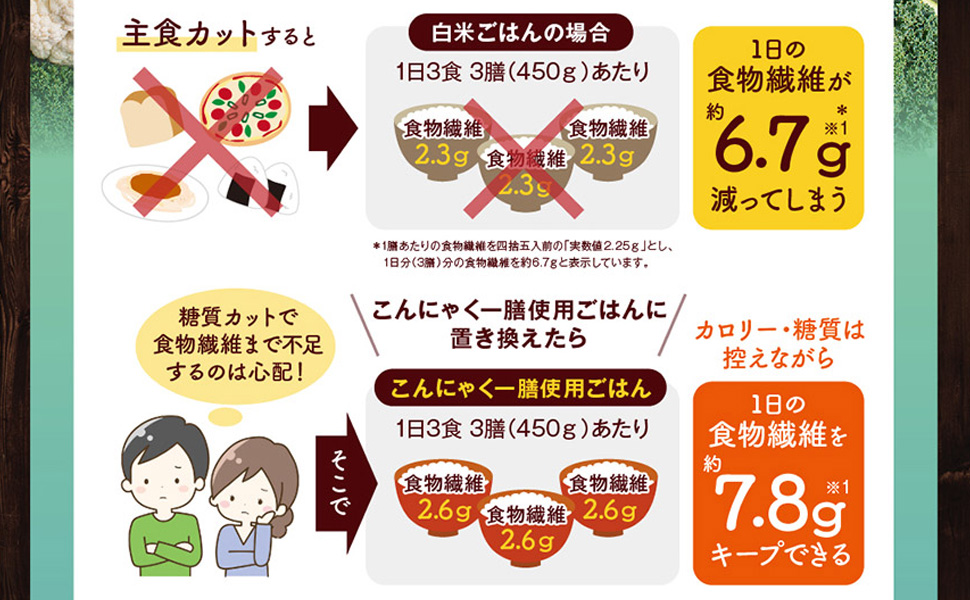
In recent years, with the trend of "sugar-free diets", more and more people are doing "staple-cut diets" that do not consume staple foods at all. "Carbohydrates" contained in cereals such as rice and wheat are composed of "sugars" and "dietary fiber", and if you drastically cut staple foods such as rice, bread, and pasta, Dietary fiber, which tends to be deficient in the diet, will be further deficient in the "sugar off diet".
One bowl of white rice contains about 2.25g of "dietary fiber", and eating three bowls a day will provide about 6.7g. If you do "extreme carbohydrate restriction" that does not eat staple food at all, you will be further short of dietary fiber from grains.
If you use "Konnyaku Ichizen" and cook it with 49% less sugar and 50% less calories *1, the dietary fiber is about 2.6g per serving. If you eat 3 times a day, you can take about 7.8g.
Let's make good use of "Konnyaku Ichizen" to keep dietary fiber in a "low-sugar, low-calorie" staple food, and aim for a well-balanced and healthy diet!
One bag of konjac (60g) contains the same amount of dietary fiber as about 2 lettuce*4. In addition, one serving of konjac rice*1 (150g) provides the same amount of calcium as 50ml of milk.
------------------------------
<Nutritional information> Per 100g
Konjac set (product): energy (kcal): 344, protein (g): 0.1, fat (g): 0.1, carbohydrates (g): 91.2, -sugars (g): 80.7, -dietary fiber (g) ): 10.5, salt equivalent (g): 0.061, calcium (mg): 264
Konjac rice (49% less carbohydrates *50% less calories per calorie): Energy (kcal): 78, protein (g): 0.5, fat (g): 0.1, carbohydrates (g): 19.9, -sugar Quality (g): 18.2, -Dietary fiber (g): 1.7, Salt equivalent (g): 0.008, Calcium (mg): 37
A bowl of konjac (1 bowl of konjac cooked with 100% rice): Energy (kcal): 59, protein (g): 0.0, fat (g): 0.0, carbohydrates (g): 15.6, -sugars (g): 13.8 , -dietary fiber (g): 1.8, salt equivalent (g): 0.011, calcium (mg): 45
*The value after cooking is an estimated value.
* 1 Calculated as 875 g after cooking 0.5 go (75 g) of white rice (Japanese food standard nutritional composition table 2020 edition (8th revision)) and 2 bags (120 g) of konjac one set (analysis value of Japan Food Research Laboratories).
------------------------------
[Component values of white rice and white rice] From the 2020 edition of the Standard Nutritional Composition Tables of Japanese Foods (8th revision)
[Konnyaku one set rice] Cook rice (Japanese food standard nutrition composition table 2020 edition (8th revision)) 0.5 go (75g) and konnyaku one set (analysis value of Japan Food Research Laboratories) 2 bags (120g) Calculated as an increase of 875g.
Numerical values on this page (*other than nutritional information) are rounded down to the decimal point.
*1 [White rice] Per 150g (1 serving), energy 234kcal, protein 3.8g, fat 0.5g, carbohydrates 55.7g (sugars 53.4g, dietary fiber 2.3g), salt equivalent 0.0g/calcium 4mg
[Rice used for one serving of konnyaku] Rice cooking conditions: Add 2 bags (120g) of konnyaku to 0.5 cup of white rice and cook. Per 150g (one serving), energy 117kcal, protein 0.8g, fat 0.1g, carbohydrates 29.9g (sugars 27.3g, dietary fiber 2.6g), salt equivalent 0.012g/calcium 55mg
*2Simple calculation based on the Ministry of Health, Labor and Welfare "Physical Activity Standards for Health Promotion 2013" with a body weight of 60 kg.
* 1 cube of sugar = approx. 4g of carbohydrates From the 2020 edition of the Standard Nutritional Composition Tables of Japanese Foods (8th revision)
* 4 [Lettuce] Per 100g: Approximately 1.1g of dietary fiber [Cabbage] Per 100g (two pieces of middle leaves): Approximately 1.8g of dietary fiber
Estimated weight per head of lettuce: Approx. 300g, Estimated weight of 1 medium leaf of cabbage: Approx. 50g
[Konnyaku one set] Per bag (60g): about 6.3g of dietary fiber (Analysis by the Japan Food Research Laboratories)
●After placing your order, it will normally be delivered within 7 to 14 days. Delivery may take some time due to delivery conditions such as busy times or bad weather. Please note.
●All products we send will be shipped as "personal imports", so the importer will be the purchaser.
●It is possible to deliver to business addresses such as workplaces and commercial facilities, but since this is a personal import, we can only ship to those who can provide the importer's (purchaser's) address, phone number, and name. .
●In rare cases, a product may not be able to be shipped due to customs regulations. Please note that this is out of our control, so we will contact you in that case.
●After placing your order, there is a possibility that the item may be out of stock due to time differences. We will contact you in that case.
●If delivery is not possible due to incorrect delivery address, long-term absence, etc., we will not be able to refund the product price.
●All products are written in Japanese only.


